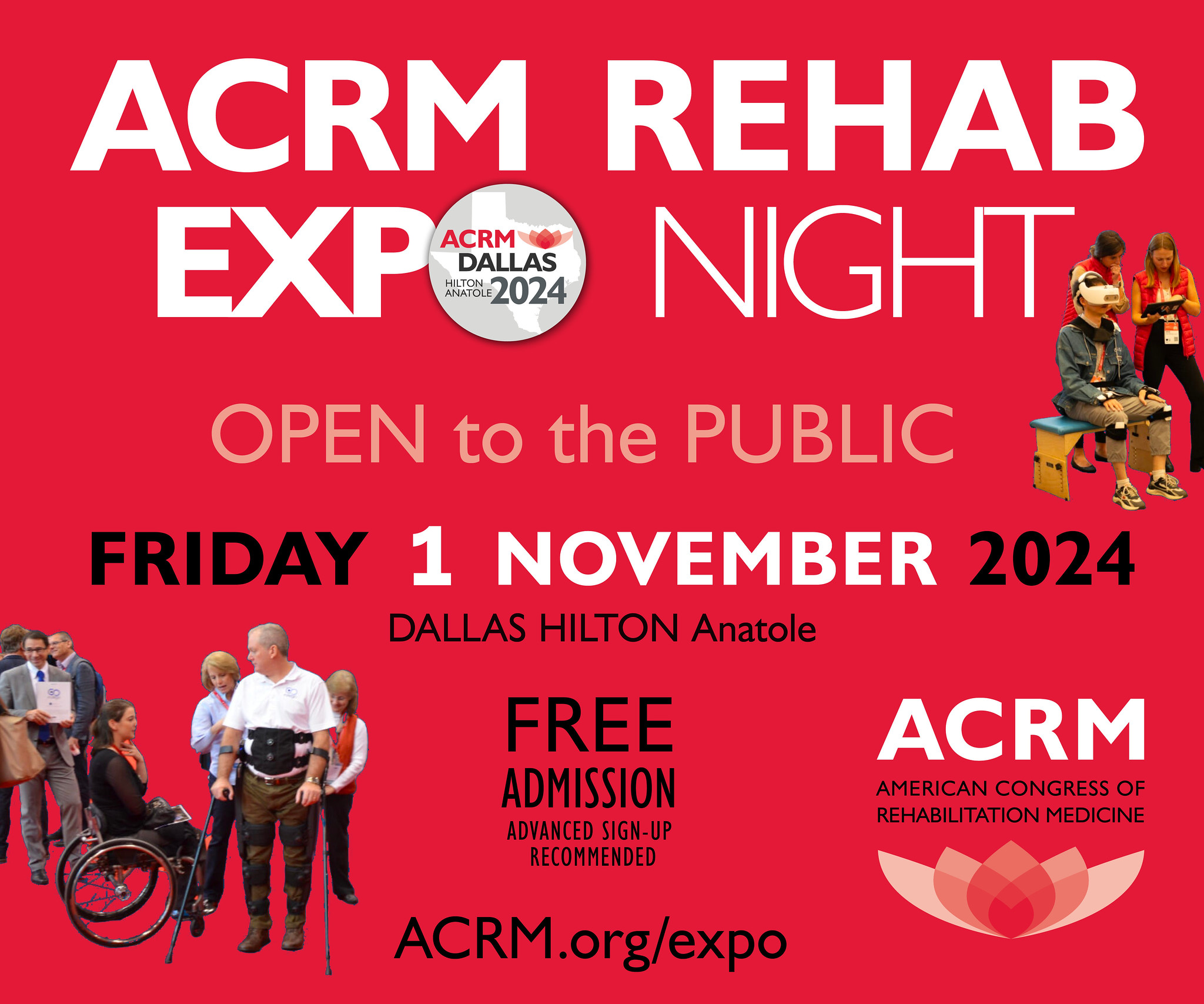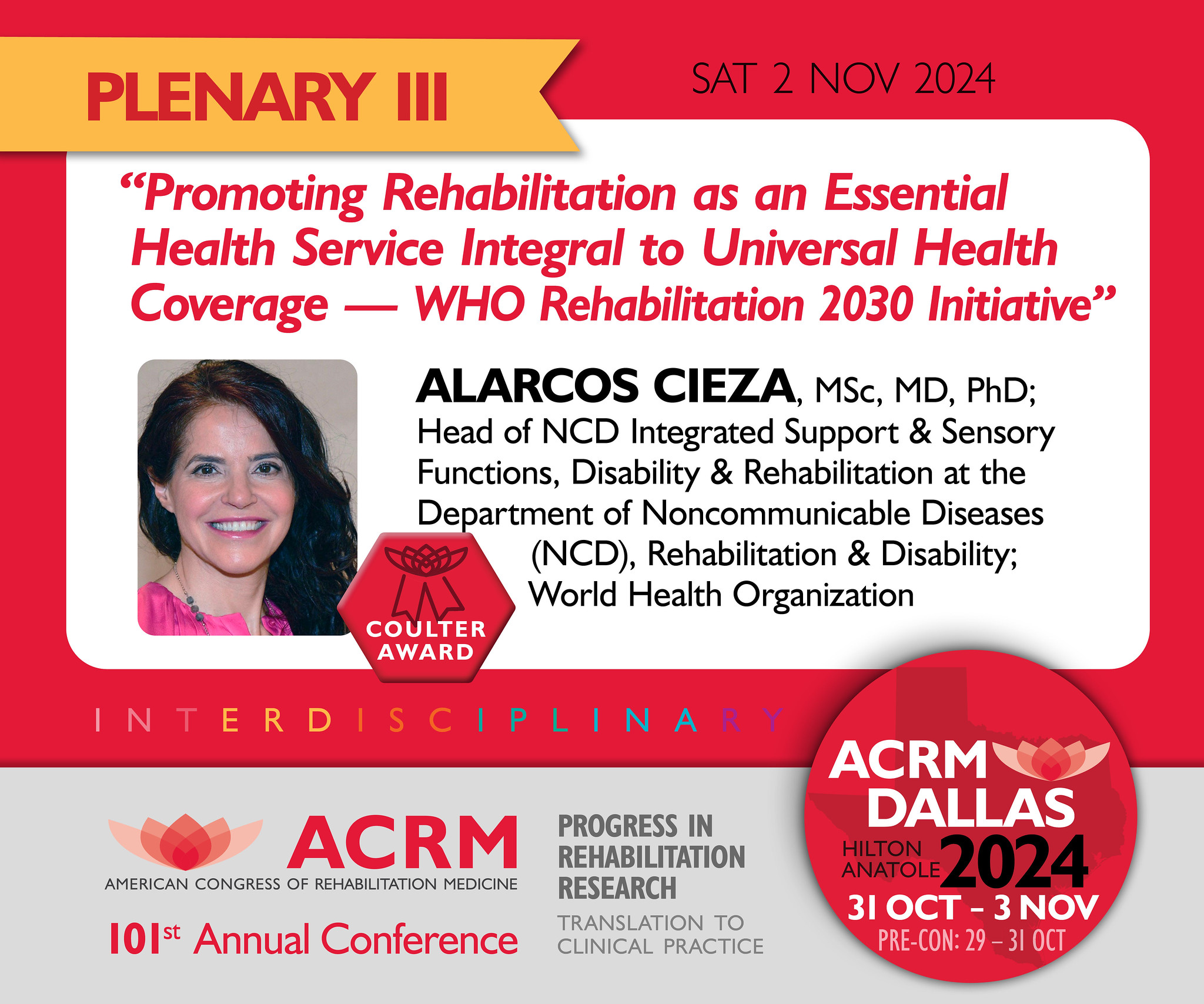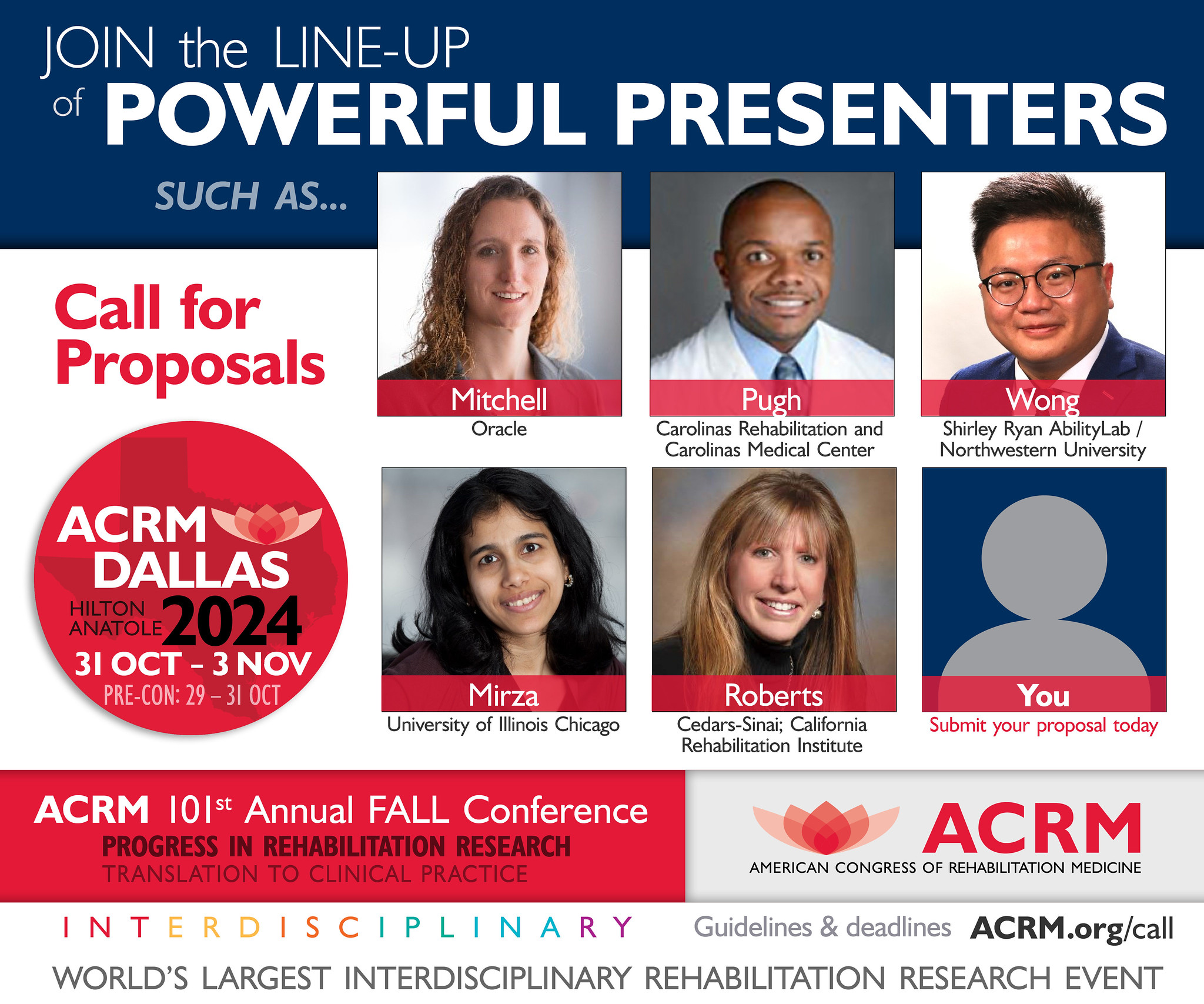In Memoriam
 Our friend and colleague Alexander W. Dromerick, MD, died on 21 August 2021 at MedStar Georgetown University Hospital. Dr. Dromerick was chair of GUMC’s Rehabilitation Medicine Department and vice president for research at MedStar National Rehabilitation Network (NRH).
Our friend and colleague Alexander W. Dromerick, MD, died on 21 August 2021 at MedStar Georgetown University Hospital. Dr. Dromerick was chair of GUMC’s Rehabilitation Medicine Department and vice president for research at MedStar National Rehabilitation Network (NRH).
Undoubtedly, Dr. Dromerick’s legacy will be his passion for improving the lives of his patients—achieved through his tireless work as clinician, devoted researcher and inspiring medical educator. A professor of rehabilitation medicine and neurology, Alex skillfully used his leadership positions to create and grow clinical research and educational collaborations at Georgetown University, MedStar NRH and beyond to focus on brain recovery and restoration of motor function after stroke, traumatic brain injury, and limb loss. An enduring example of this work was his co-leadership and strong collaboration with Elissa Newport, PhD, to launch the Center for Brain Plasticity and Recovery.
Dr. Dromerick was principal investigator for the Stroke Central Atlantic Network for Research, a part of NIH StrokeNet and the only national StrokeNet site at a rehabilitation hospital. He was co-principal investigator of the NINDS-funded I-CARE trial, a phase III trial to improve arm recovery after stroke. He was also co-principal investigator of the NINDS-funded PROTECT DC phase II clinical trial, aimed at reducing recurrent stroke in urban underserved individuals.
Dr. Dromerick’s mission was to accelerate research beyond incremental changes to improve the lives of individuals with stroke. One of his most significant contributions will be the CPASS trial, a phase II, randomized clinical study to determine the optimal time after stroke for intensive motor training. The results will be published soon in a manuscript in press with PNAS, and the outcome has the potential to shape the future of stroke rehabilitation for function of the hand and arm.
As a research scientist at the Washington DC Veterans Affairs Medical Center, Dr. Dromerick conducted studies to improve prosthetic arm function in veterans and to improve the battlefield screening for traumatic brain injury, funded by the Veteran’s Administration and the Department of Defense.
The care he gave patients was always informed by research—an approach he passed on to others through his NIH K12 training and career development grant with Barbara Bregman, PT, PhD. She noted that Dr. Dromerick was dedicated to fostering the next generation of clinician scientists and that his work as a medical educator launched the careers of many of today’s senior level leaders in stroke rehabilitation.
Dr. Dromerick had been dealing with a systemic illness for many months. During this trying time, he and his wife Laurie demonstrated remarkable resilience and courage, persevering through challenge after challenge, and he was able to return home in the weeks before his death. In addition to Laurie, Dr. Dromerick is survived by Laurie’s beloved children, Michael and Emma. He was 63 years old.











